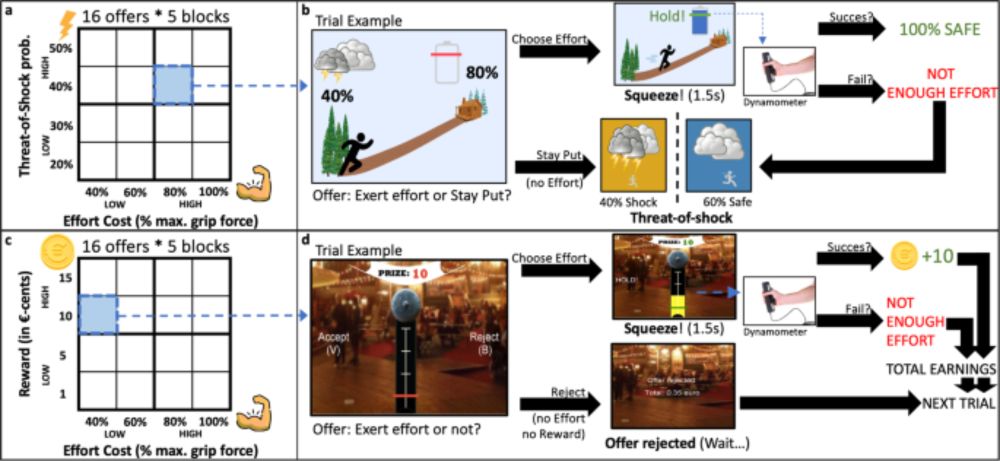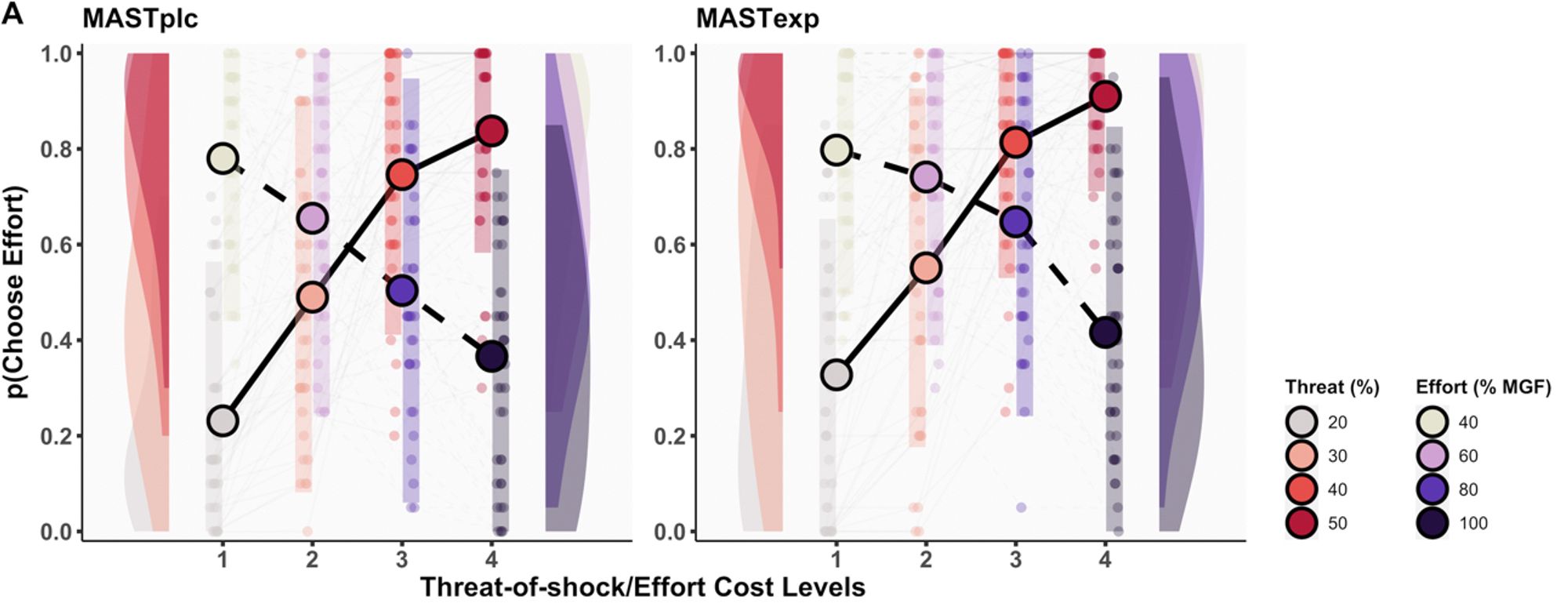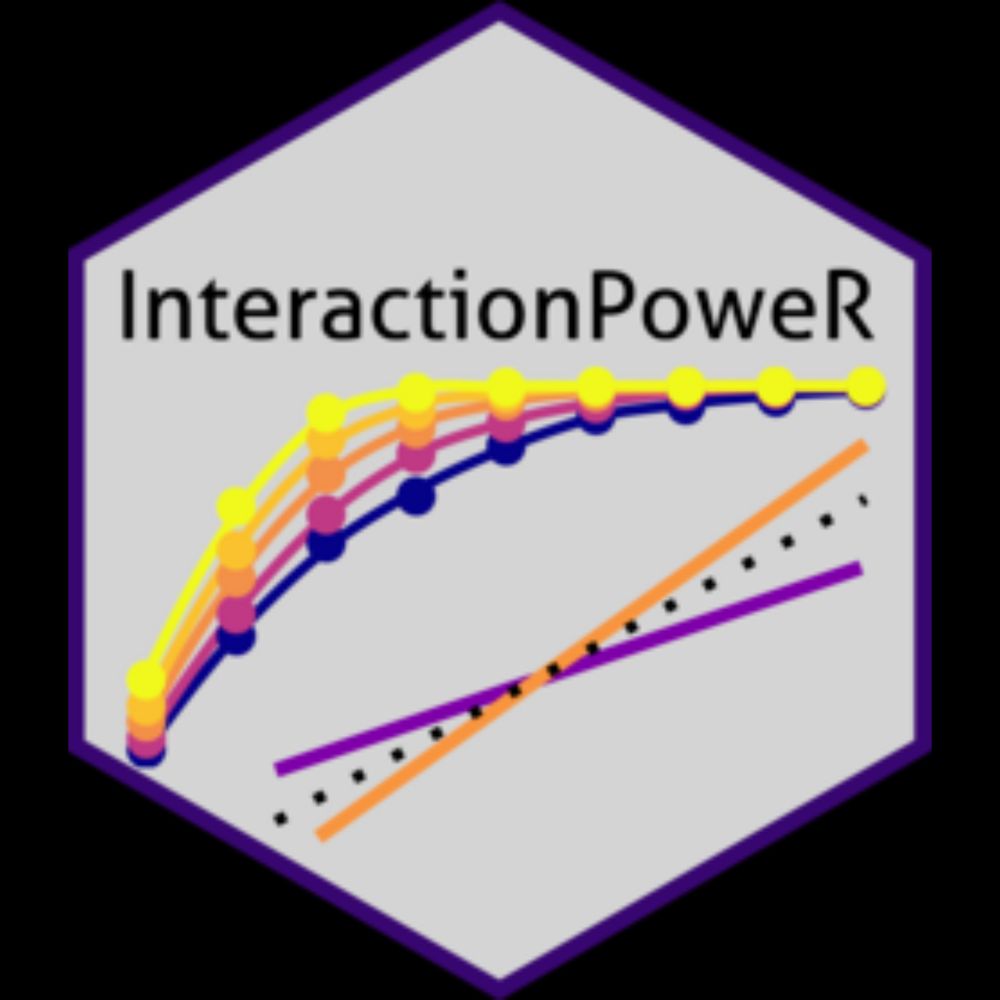Thank you so much Maria, glad you like it 😄
One of the funnest expts we did in a while. Great to see this out in Communications Psychology now: Acute stress promotes effort mobilisation for safety-related goals. Thanks for the kind and helpful comments from all reviewers 🙏 #neuroscience#Neuroskyence#cogpsyc#AffectSci#psychscisky

People who underwent acute stress tended to prioritize safety over effort minimization. This led stressed people to mobilize more effort than non-stressed people to avoid threats that have a low proba...
These results may shed some light on how stress-induced changes in the trade-off between safety and conservation of energy facilitate the motivation to want to avoid aversive outcomes. Code, data, and more results (incl. comp. modelling) all in paper. (6/6)
In parallel, we conducted a second experiment to investigate if acute stress may impact the willingness to exert effort in non-threatening situations. We found no evidence that induction of acute stress altered the trade-off between physical effort and monetary rewards. (5/6)
Acute stress participants more often, and more vigorously, exerted physical effort to avoid threat-of-shock, especially when offers were highly "uneconomical" (i.e., when effort cost level clearly outweighed the threat-of-shock level). (4/6)

The acute stress manipulation also seemed to have successfully increased physiological and subjective stress. (3/6)

We developed a task in which people could choose to exert effort (grip force) to avoid a chance of experiencing an aversive electroshock. Participants were able to trade off the level of physical effort against the likelihood of shock when deciding if they should exert effort. (2/6)

link.springer.com/article/10.1... ^might be useful as a starting point. But still **lots** of debate in this field
🤦♂️Ask for response, if not move on. You're already a better person than I am 🤣
The latest version of the package also now supports power analyses for 2-way interactions with covariates: dbaranger.github.io/InteractionP...

This article describes how to use InteractionPoweR to run power analyses for 2-way interactions that also include covariates